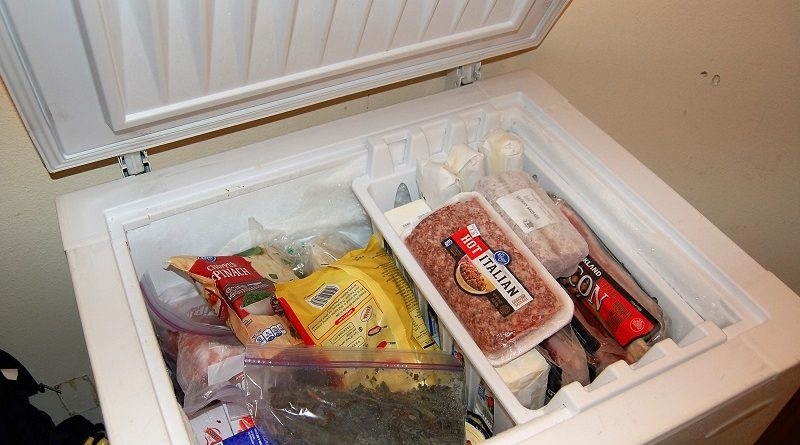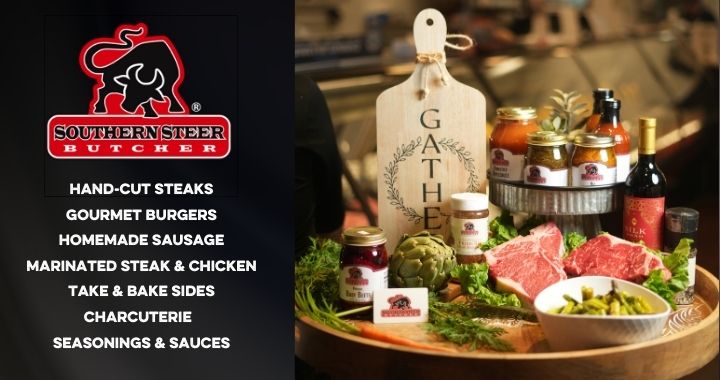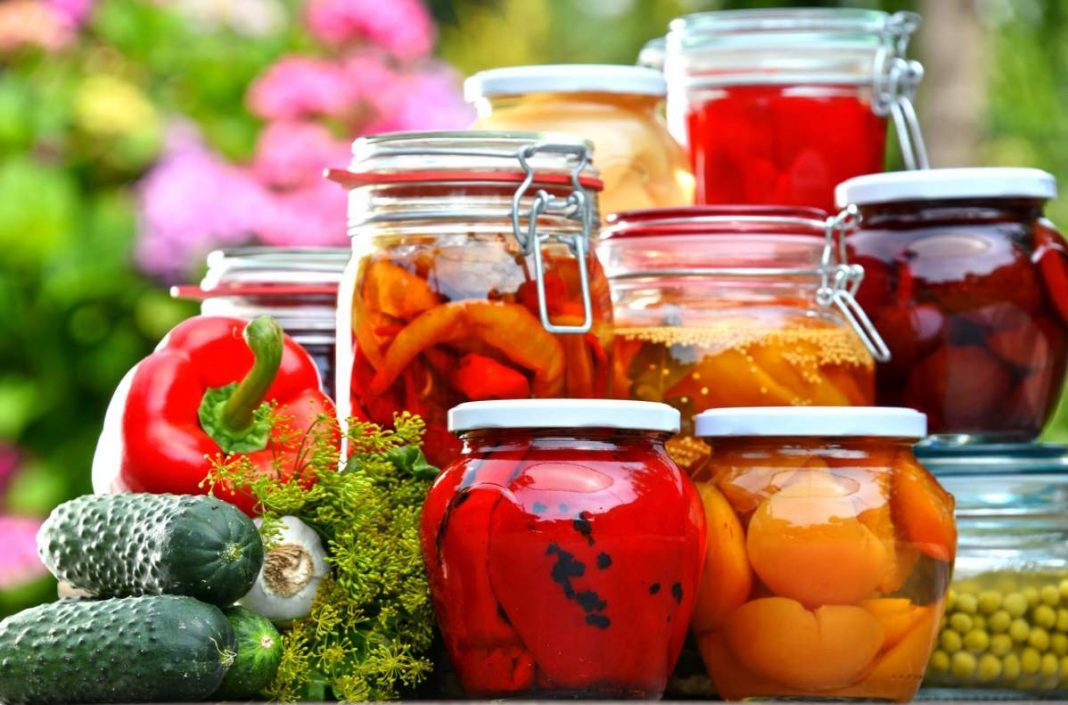The University of Florida’s Institute of Food and Agricultural Sciences (UF/IFAS) is a federal-state-county partnership dedicated to developing knowledge in agriculture, human and natural resources and the life sciences, providing research and development for Florida’s agricultural, natural resources and related food industries, which combined contributed $149.6 billion to the state economy in terms of value added in 2018, including multiplier effects.
We spoke via e-mail to Brenda Marty Jimenez, MHM, RDN, LDN, FAND from UF/IFAS Extension Broward County regarding tips on how to make food last longer or have a longer shelf life to reduce food waste.
Here are a 7 Tips to Extend Food Shelf Life and Reduce Food Waste
- Plan meals, make your grocery list before shopping and purchase only what you need. Don’t buy what you won’t use. Avoid excess spending. Stick to the list!
“Meal planning equals saving money and less waste.” – Brenda Marty Jimenez
2 Check product dates on foods to avoid spoilage. Use-by, sell-by and best-if-used-by dates are important to note. Purchase food products before the date expires. You will get the best flavor and peak quality by following the manufacturers dates.
USDA/FSIS. Food Product Dating Guidance –
https://www.fsis.usda.gov/wps/portal/fsis/topics/food-safety-education/get-answers/food-safety-fact-sheets/food-labeling/food-product-dating/food-product-dating
3. Move foods that are about to expire to the front, so they can be seen. You are more likely to eat them before they go bad, if they are visible. Clean out your refrigerator on a regular basis.
4. Store food at the correct temperature. Keep your refrigerator at 40 degrees F or below to prolong the life of refrigerated, perishable foods. Keep frozen foods at 0 degrees F or lower.
Guides:
https://www.fsis.usda.gov/shared/PDF/Refrigeration_and_Food_Safety.pdf
5 Use up or freeze your leftovers such as chili, soups or stews. Store leftovers in clear containers or bags. Don’t forget about them! If you freeze them, make a point to plan them in for another meal in the future.
6. Note what products you normally end up throwing out. If the same foods are the ones that are being tossed out with the weekly trash, adjust your shopping list, buy less or plan to eat them first.
“Wasting food wastes money. Proper food storage helps maintain the safety and quality of food.” – Brenda Marty Jimenez
7. The National Center for Home Food Preservation is a great source for current research-based recommendations for most methods of home food preservation. https://nchfp.uga.edu/
This post is brought to you by Southeast Steel Appliance Warehouse:

A CHEST FREEZER FOR EVERY FAMILY. We have the size that is right for you and your family’s food storage needs! We have 4, 5 or 7 cu.ft. chest freezers in stock and ready for delivery or pick-up! Call today 407-423-7654












